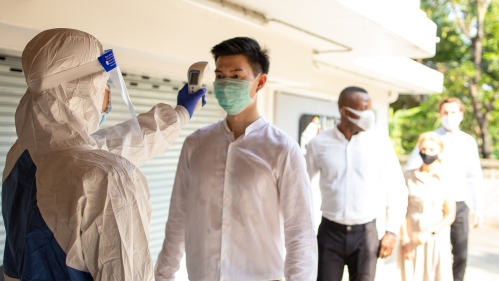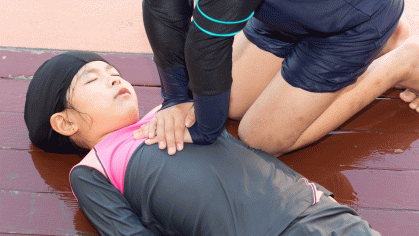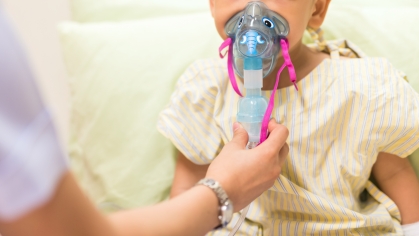New grant money will help the Rutgers School of Public Health strengthen the public health workforce throughout New Jersey by providing 50 percent tuition scholarships to 84 students.
The $1.5 million in scholarship money from the Health Resources and Services Administration (HRSA) will be evenly split between current employees of state and local health programs without formal training in public health and underrepresented minorities in New Jersey who wish to enter the public health profession. There will be 48 scholarships for students seeking a master of public health degree and 36 for students seeking a population health certificate.
Along with financial support, the scholarship program will provide skills-based training, instruction on addressing health inequities and access to job fairs and career panels promoting employment in state and local health departments.
New Jersey is one of the most densely populated states, but its per capita public health workforce is low and a large proportion of it lacks formal education in public health. The COVID-19 pandemic underscored both a general need for well-trained public health officials and the specific need for workers who can address systemic public-health inequities among racial and ethnic groups.
A stronger public health workforce strengthens, extends and improves the capacity of New Jersey public health systems to meet core public health functions, provide essential services and improve health equity throughout our State,” said New Jersey Health Commissioner Judith M. Persichilli. “We are proud to support the Rutgers School of Public Health and the efforts enabled through this grant.”
The program engages key community-based partners: community organizations, state and local health departments and federal agencies. These partners will provide program feedback, support recruitment and retention activities, identify employment needs and facilitate connections and training opportunities.
“This program will help educate a public health workforce equipped with the tools to address health inequities and to move our efforts beyond the purely medical to a holistic approach to health and well-being that considers the interplay between biology and social and structural burdens,” said Perry N. Halkitis, the dean of Rutgers School of Public Health and a Hunterdon Professor of Public Health and Health Equity.
“Incentivizing public health training and careers is fundamental for promoting health and well-being, ensuring the conditions for achieving health equity and preventing and treating diseases,” Halkitis said. “Ultimately, all these public health activities are necessary for having healthy communities across New Jersey and beyond.”
Three Rutgers School of Public Health leaders designed the program and secured the funding:
- Laura E. Liang, associate dean for academic affairs and associate professor of health behavior, society and policy
- Rafael E. Pérez-Figueroa, associate dean for community engagement and public health practice and associate professor of urban-global public health
- Marian R. Passannante, associate dean for educational program development and global programs and professor of biostatistics and epidemiology.




